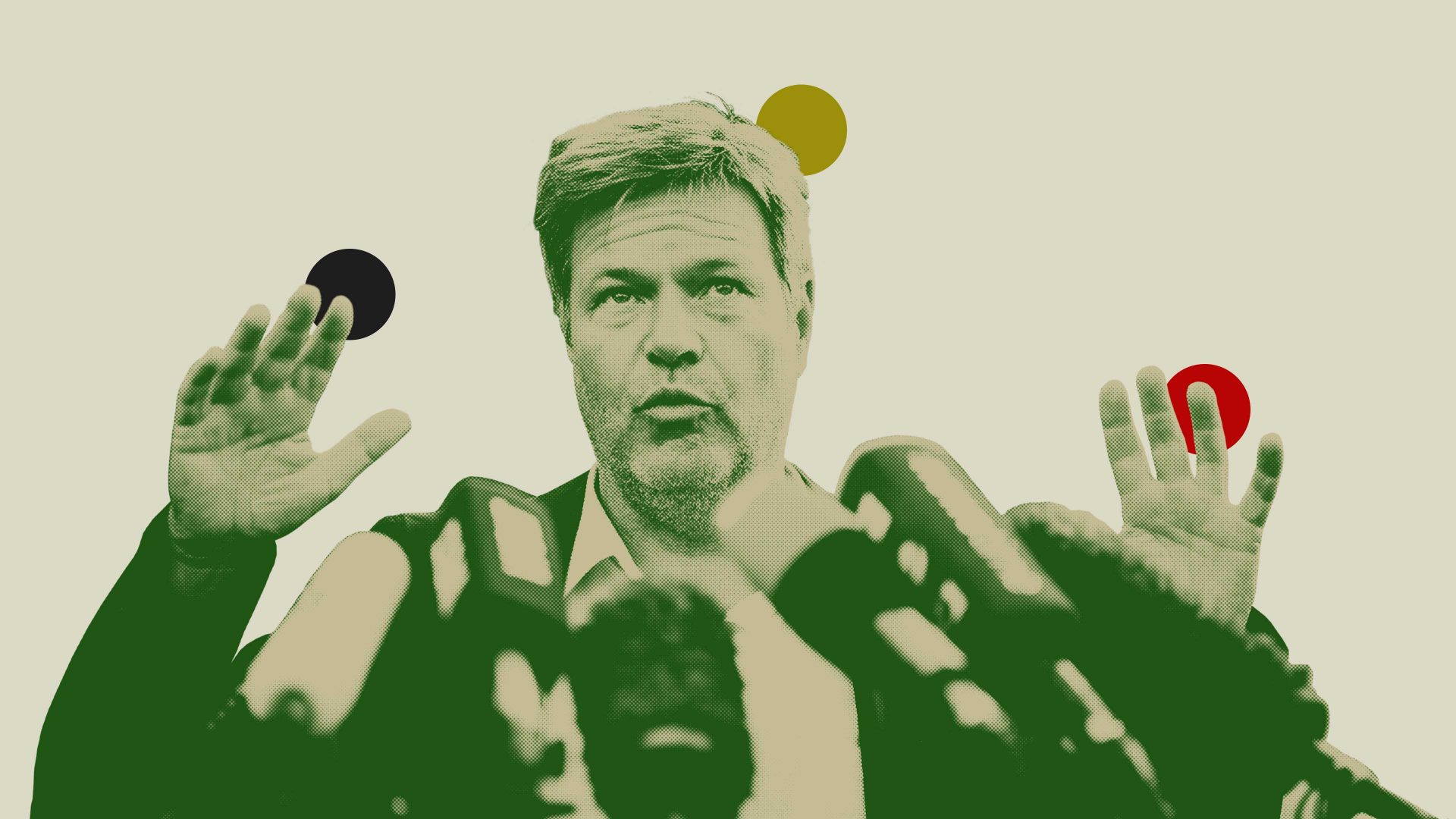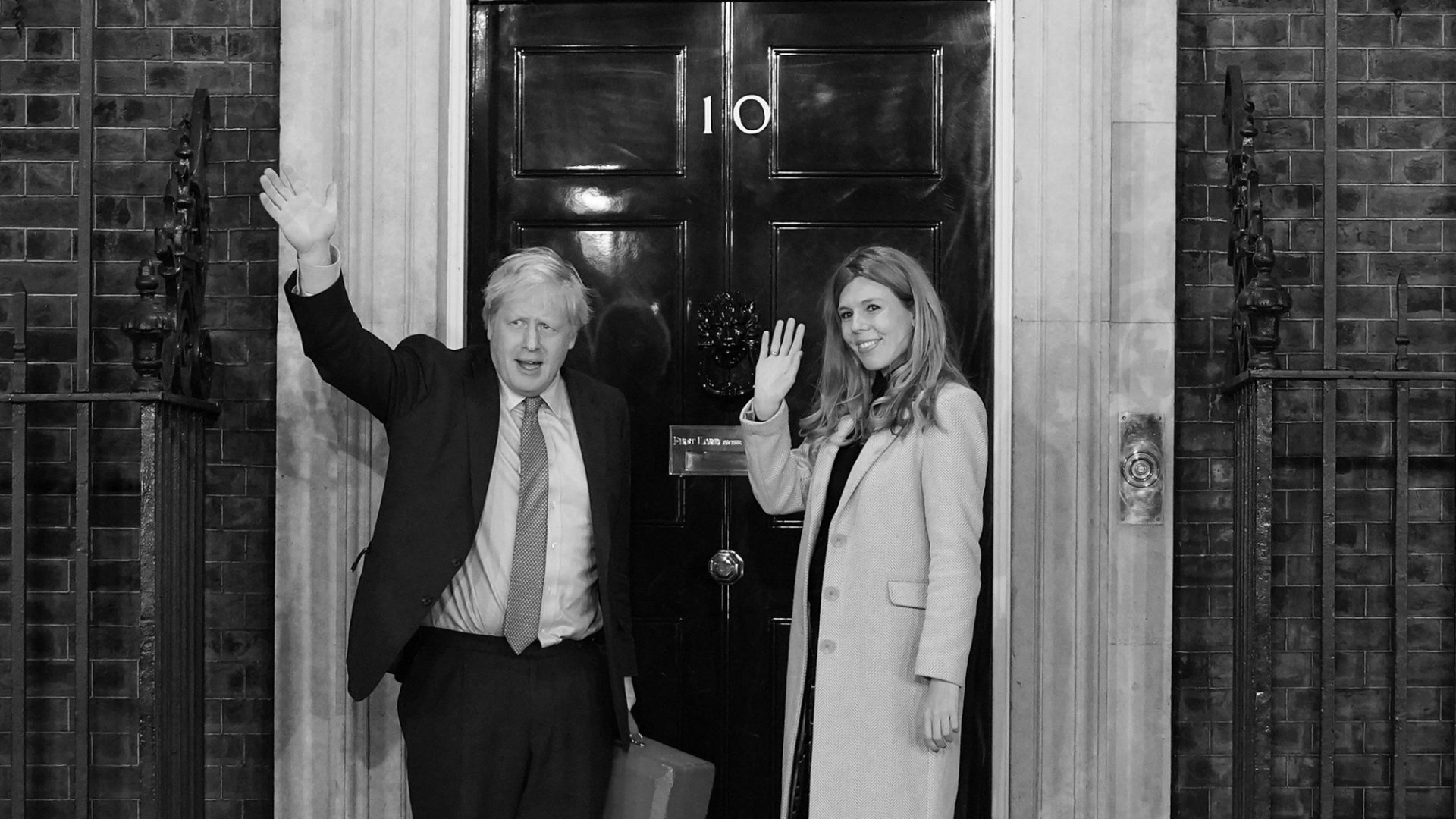When the Green Party first entered the West German parliament in 1983, their anti-establishment slogan was “No power for no one.”
This mantra even seemed to include household equipment. A Green hippie MP, wearing a cliche woolly jumper and sporting a beard nearly down to his belly button, once told parliament: “We don’t need electric toothbrushes, we don’t need electric coffee machines…” Only to be interrupted by a conservative MP stating: “…but you could do with an electric razor!”
Today, of course, Die Grünen embrace everything electrically powered, as long as it supports their battle against fossil fuels and nuclear energy. They have come a long way, from hemp sweater brigade at sit-ins to federal coalition partners on e-cargo-bikes. Or hybrid limousines.
Being in power this time around, however, could turn into their Icarus moment. For a simple reason: upon entering government in 2021, their central promise was that Germany would manage an affordable climate-friendly restructuring without a hit to businesses, the famous German export economy and household incomes.
Two consecutive years of recession have proven this to be untenable. And one cannot blame it all on past mistakes (like a dependency on Russian gas) and global crisis.
So instead, the government must bear its share of responsibility. The man in charge is green business minister Robert Habeck, his party’s candidate for chancellor at the 2025 elections. You might say the title is rather megalomaniac, given that the Greens only poll at around 11% on national level. But why not set yourself a high goal? In particular, since Habeck – he won’t say this out loud but feels it deep down – sees himself as the only true heir to Angela Merkel.
Following the Greens’ disastrous election results in Brandenburg, Saxony and Thuringia, the party’s two co-chairs (always male and female) resigned. Now it is all eyes on Habeck. As it should be, because it is his policy that is failing.
Traditionally, the Green Party leadership has never held any government functions: a shift from “no power to no one” to “not too much power for anyone”. It wasn’t the leadership but the costly climate action measures that have caused popular discontent with the Greens – so a logical step would have been for the executive to step down. But they are the faces the party really needs.
Not everyone thinks so, however. On top of it all, the Greens have been confronted with a wave of resignations in the party’s youth organisation. Several leaders at state and federal level have left the party altogether, in protest against its social and asylum policy. The Greens, although rooted in the rebel youth movement, are losing their next generation.
That’s not necessarily a reason to shed tears though: the Greens had already been criticised for tolerating the left-wing radicalisation of Green Youth for too long, to the detriment of the party. The Youth chairwoman Svenja Appuhn, for instance, campaigned for “democratic socialism” last year. Not exactly a bestseller among German voters. And completely against the party’s strategy to target former Merkel voters.
Historically, the Greens were always split into two wings: the Realpolitik-leaning wing, called Realos. And the ideological fundamentalists, the Fundis.
Currently, it looks as if the Realos are gaining the upper hand. Cem Özdemir, for instance, the first Turkish-German minister in a federal cabinet, recently sparked a debate about patriarchal and misogynist views among young Muslim men – citing his daughter’s experiences in Berlin. He was, of course, immediately accused of opportunistic “potatoism” (Kartoffel is the nickname migrants use for Germans, sometimes friendly, sometimes not) by left wing activists. Never mind that Özdemir had named racism in Germany as a great concern in the op-ed as well.
His call for more sanctions and less leniency in regard to criminal offences is difficult for a party which nearly always sides with the persecuted and disenfranchised. However, it is exactly what could make the Greens relatable – not just to voters but also to the CDU/CSU, who will most probably win the 2025 elections, but won’t have a majority in parliament on their own.
Given their meagre performance, Bavaria’s ever-populist prime minister Markus Söder has already labelled the Greens as a “no go”. But other CDU Ministerpräsidenten, who work with them on state level, praise the Greens as sensible coalition partners.
It will be down to frontrunner Habeck as to whether the Greens will get another chance at running Germany in 2025. So far, they aren’t running it well.




